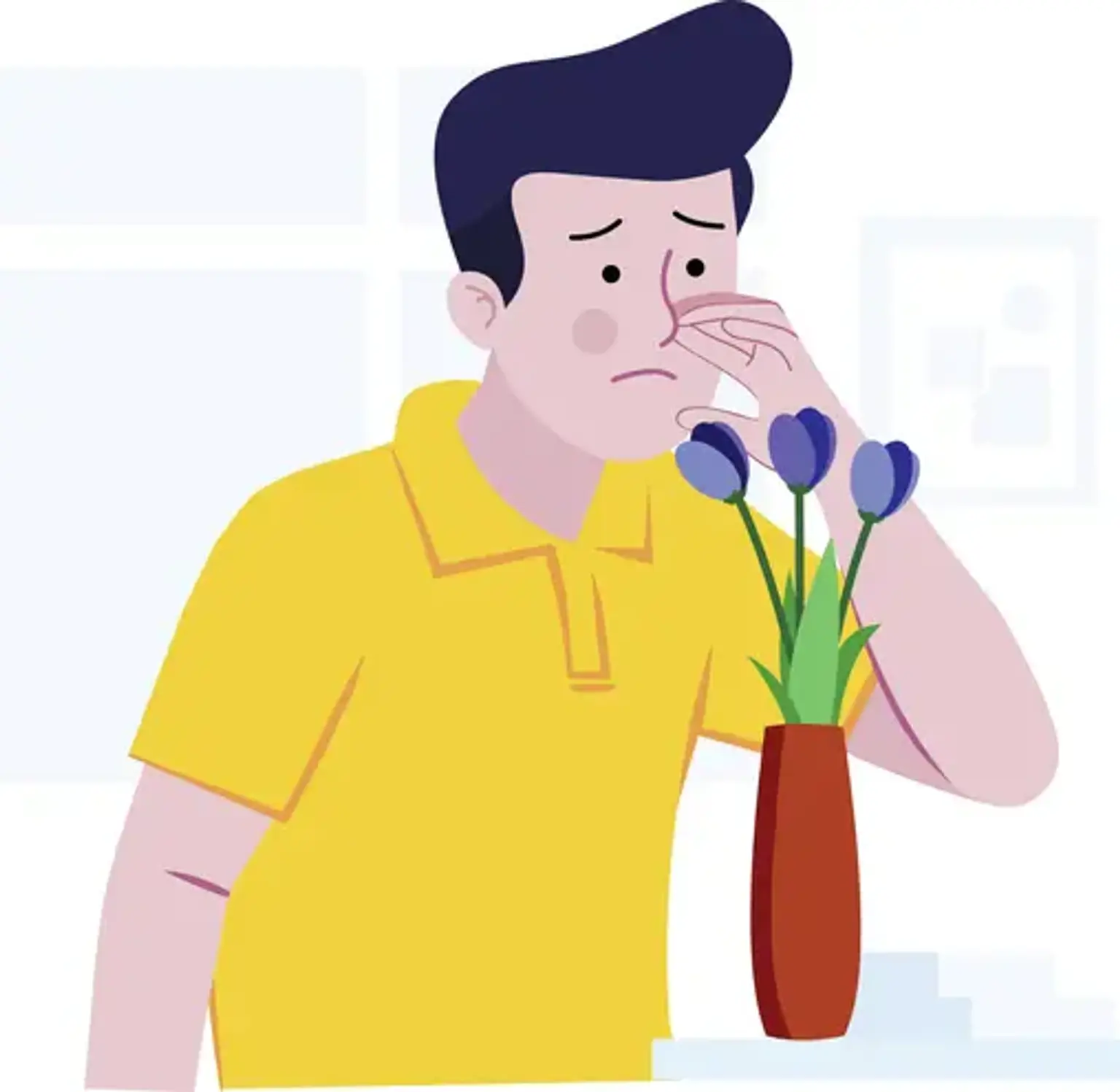Introduction
Anosmia, commonly referred to as the loss of smell, is a condition that affects millions of people worldwide. While it may seem like a minor inconvenience at first glance, the inability to detect odors profoundly impacts daily life. From enjoying the aroma of food to identifying potential dangers like smoke or gas leaks, our sense of smell plays an essential role in both safety and pleasure.
In recent years, anosmia has gained increased attention, primarily due to its association with COVID-19. Many people experienced temporary or prolonged loss of smell after contracting the virus, highlighting the need for greater awareness and treatment options. This article delves into the causes, available treatments, and strategies for coping with anosmia, with a particular focus on advanced solutions available in Korea.
What is Anosmia?
Anosmia is a condition characterized by the complete loss of the ability to detect odors. It differs from hyposmia, which is the partial loss of smell, and parosmia, a condition where smells are distorted. As one of the primary sensory functions, the olfactory system directly connects to our taste and memory, making its absence particularly noticeable.
People with anosmia may find food less appealing, struggle with emotional connections tied to scents, or face difficulties identifying environmental hazards. While many cases are temporary, others may persist for months or even years, requiring medical intervention.
Understanding anosmia also involves recognizing its complexity; it is not a standalone issue but often a symptom of underlying health conditions. These may range from nasal blockages to neurological disorders, further underscoring the need for a thorough diagnosis.
